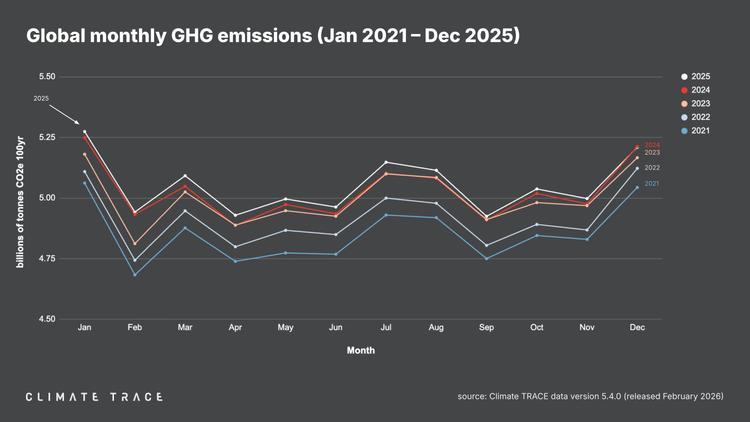Mars credits sustainable farming focus for continued emissions reduction
In 2024, Mars expanded sustainability-linked compensation to around 2,000 employees.

Mars says agricultural partnerships to increase farming sustainability and resilience have been instrumental in decoupling emissions from growth – and is doubling down on this focus with a new US$250 million fund.
The food company has reported a 1.9% reduction in absolute greenhouse gas emissions in 2024 – all the while continuing to grow its business. In total since 2015, Mars has cut its carbon footprint by 16.4% while increasing sales by 69% to US$55 billion per year.







